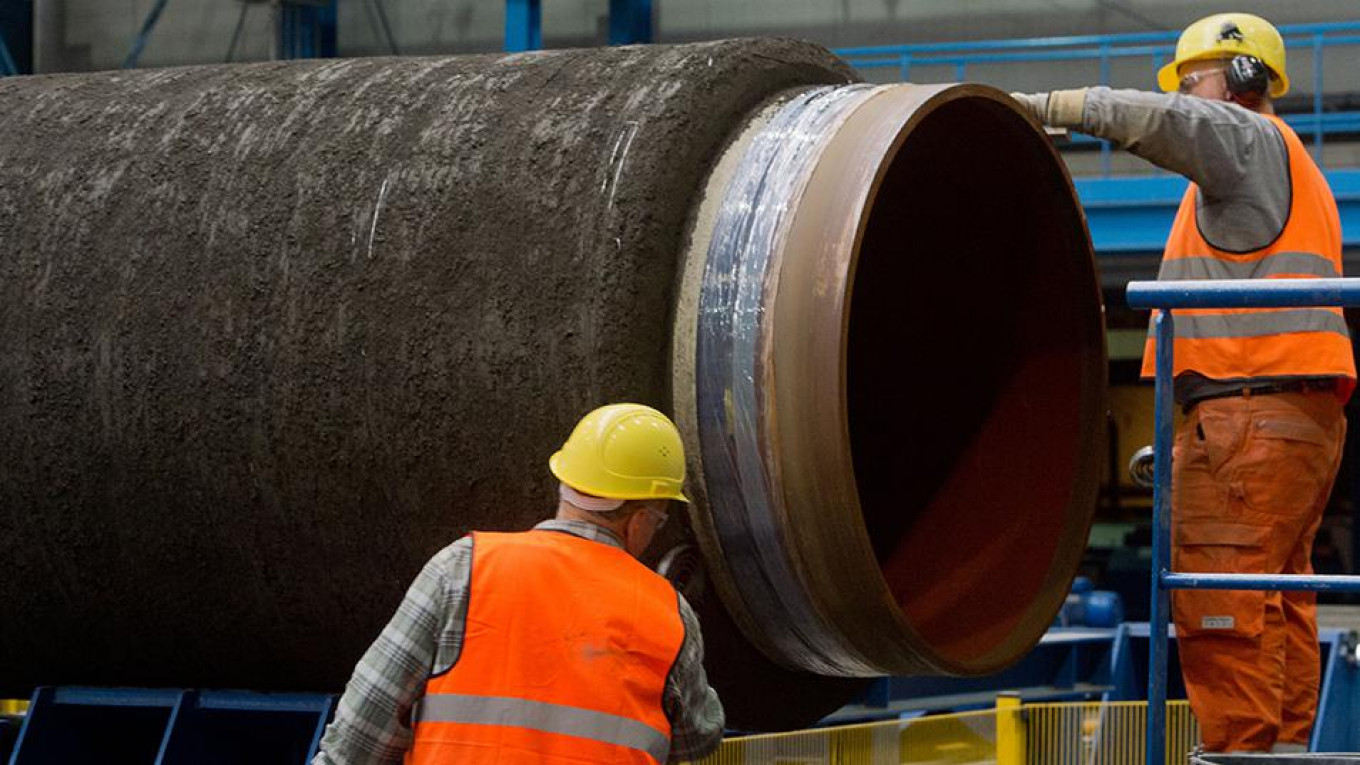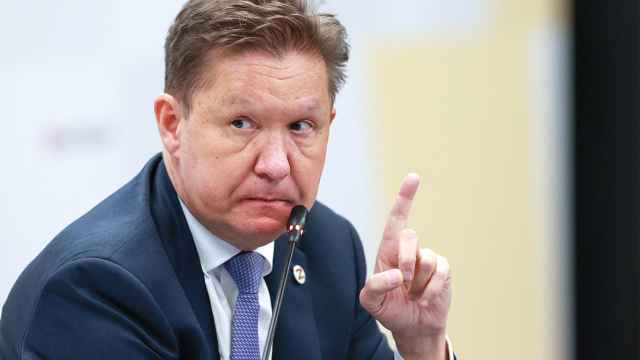A political row over Europe's energy security is not hindering preparatory work for the subsea Nord Stream 2 gas pipeline from Russia to Germany, with dredging work starting off the Baltic coast last week.
The new pipeline, an initiative of Russia's Gazprom and five European companies, will double Russia's export capacity of 55 billion cubic meters to Germany.
However, eastern European and Baltic states fear it will increase Europe's reliance on Russian gas and undermine Ukraine's lucrative gas transit route. The United States also opposes it.
"The status of the project is on track and we have fulfilled all the conditions needed to start laying the pipeline in the Baltic in 2018 as planned," said spokesman Jens Mueller, adding the consortium had 'taken note' of the political discussions.
Dredgers started preparatory work for a trench for the two pipeline strings in the Greifswald bay off Germany's Baltic coast last week. Gas is due to start flowing at the end of 2019.
The pipeline's construction schedule has not been affected by the U.S. contention that it could undermine Europe's energy security, Nord Stream 2's technical director, Sergey Serdyukov, told reporters in St. Petersburg on Friday.
He said construction of the pipeline was set to start in July as planned.
Chancellor Angela Merkel had long argued the project was purely commercial but last month she acknowledged there were political considerations.
In talks with Russian President Vladimir Putin, she made clear that Ukraine must be able to continue to earn revenue from gas transit.
Nord Stream argues that there is room for both as European gas demand is likely to rise. "More gas will be needed. All transport routes will be needed," said Mueller.
Gazprom is taking on half the planned costs of some $11 billion. The rest is divided between five European energy companies: BASF's Wintershall and E.ON spinoff Uniper, Shell, OMV and Engie.
A Message from The Moscow Times:
Dear readers,
We are facing unprecedented challenges. Russia's Prosecutor General's Office has designated The Moscow Times as an "undesirable" organization, criminalizing our work and putting our staff at risk of prosecution. This follows our earlier unjust labeling as a "foreign agent."
These actions are direct attempts to silence independent journalism in Russia. The authorities claim our work "discredits the decisions of the Russian leadership." We see things differently: we strive to provide accurate, unbiased reporting on Russia.
We, the journalists of The Moscow Times, refuse to be silenced. But to continue our work, we need your help.
Your support, no matter how small, makes a world of difference. If you can, please support us monthly starting from just $2. It's quick to set up, and every contribution makes a significant impact.
By supporting The Moscow Times, you're defending open, independent journalism in the face of repression. Thank you for standing with us.
Remind me later.







